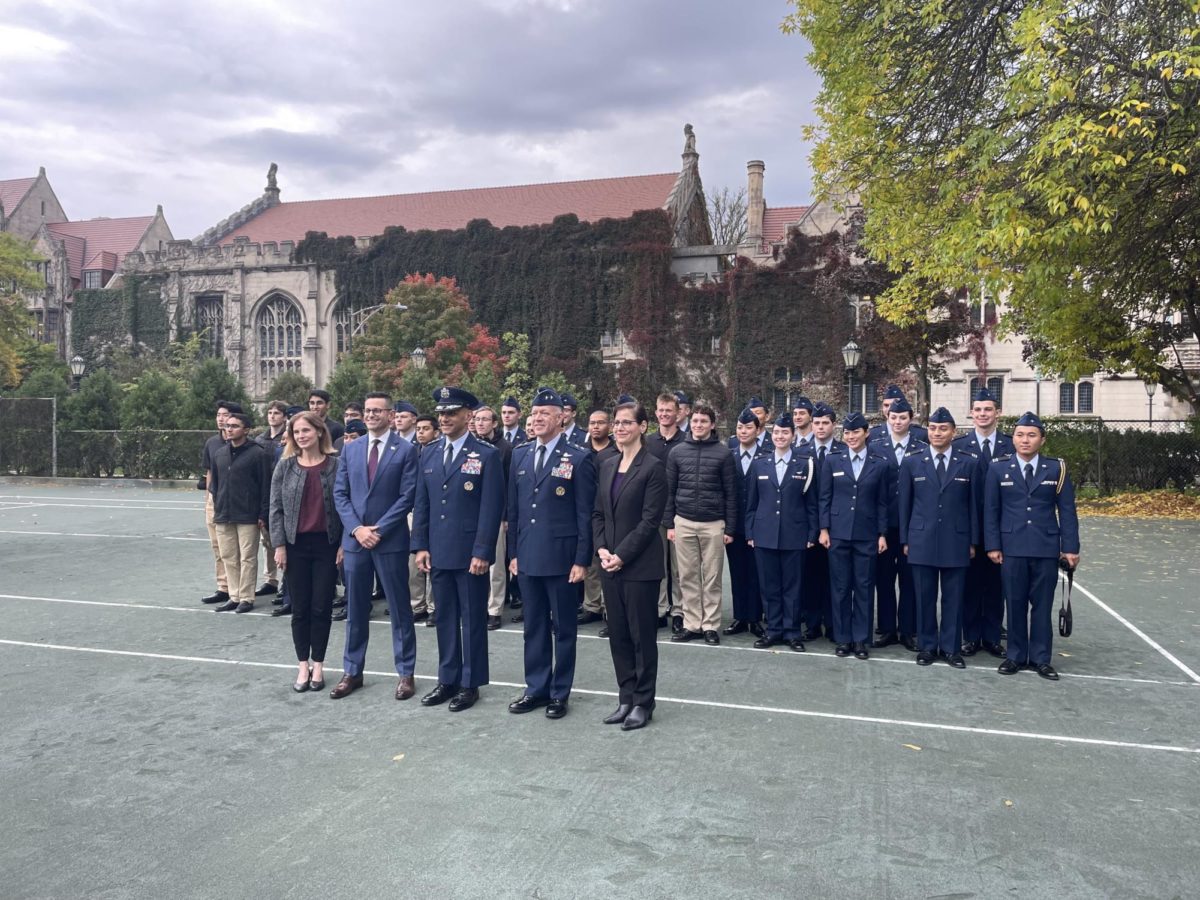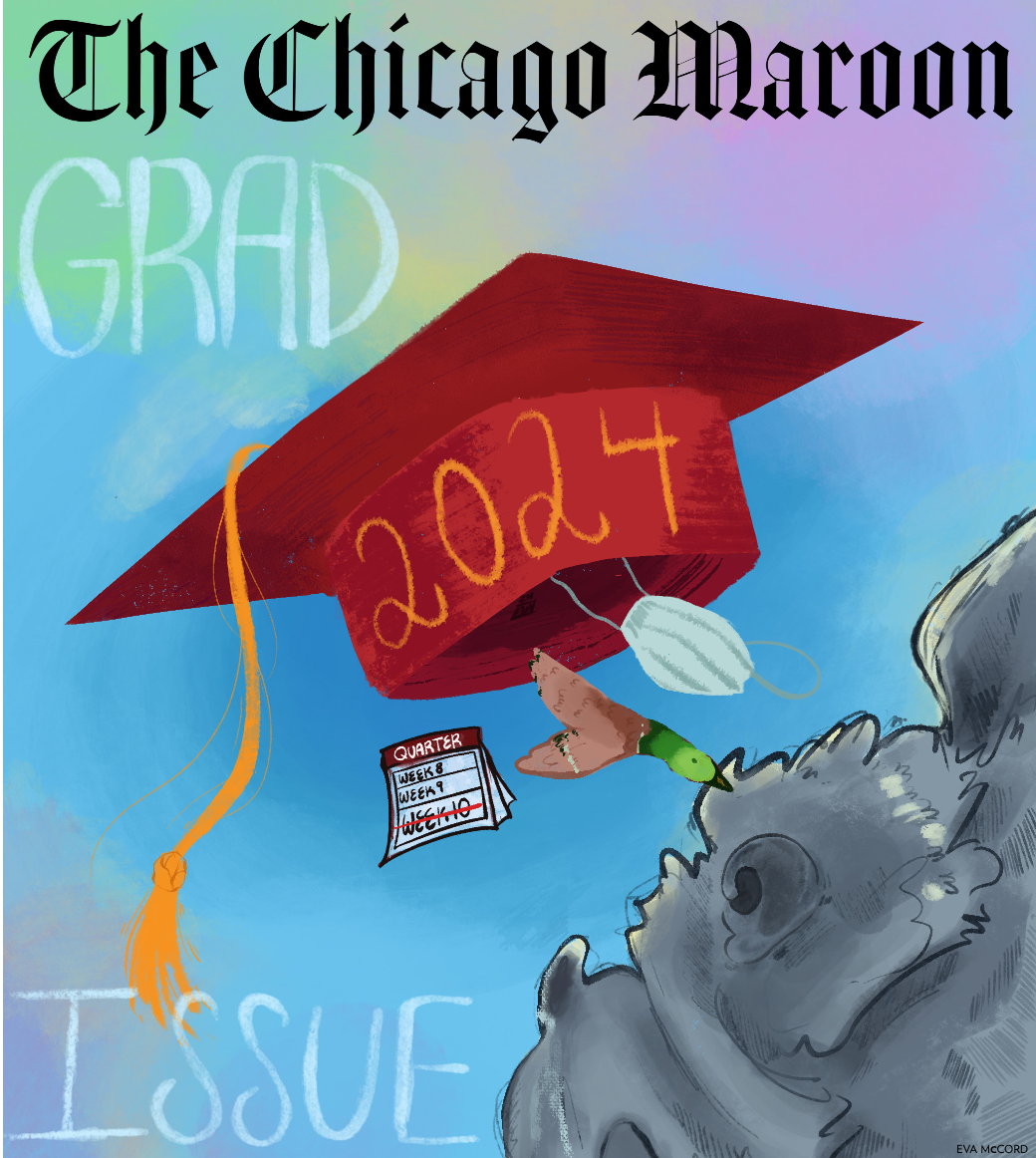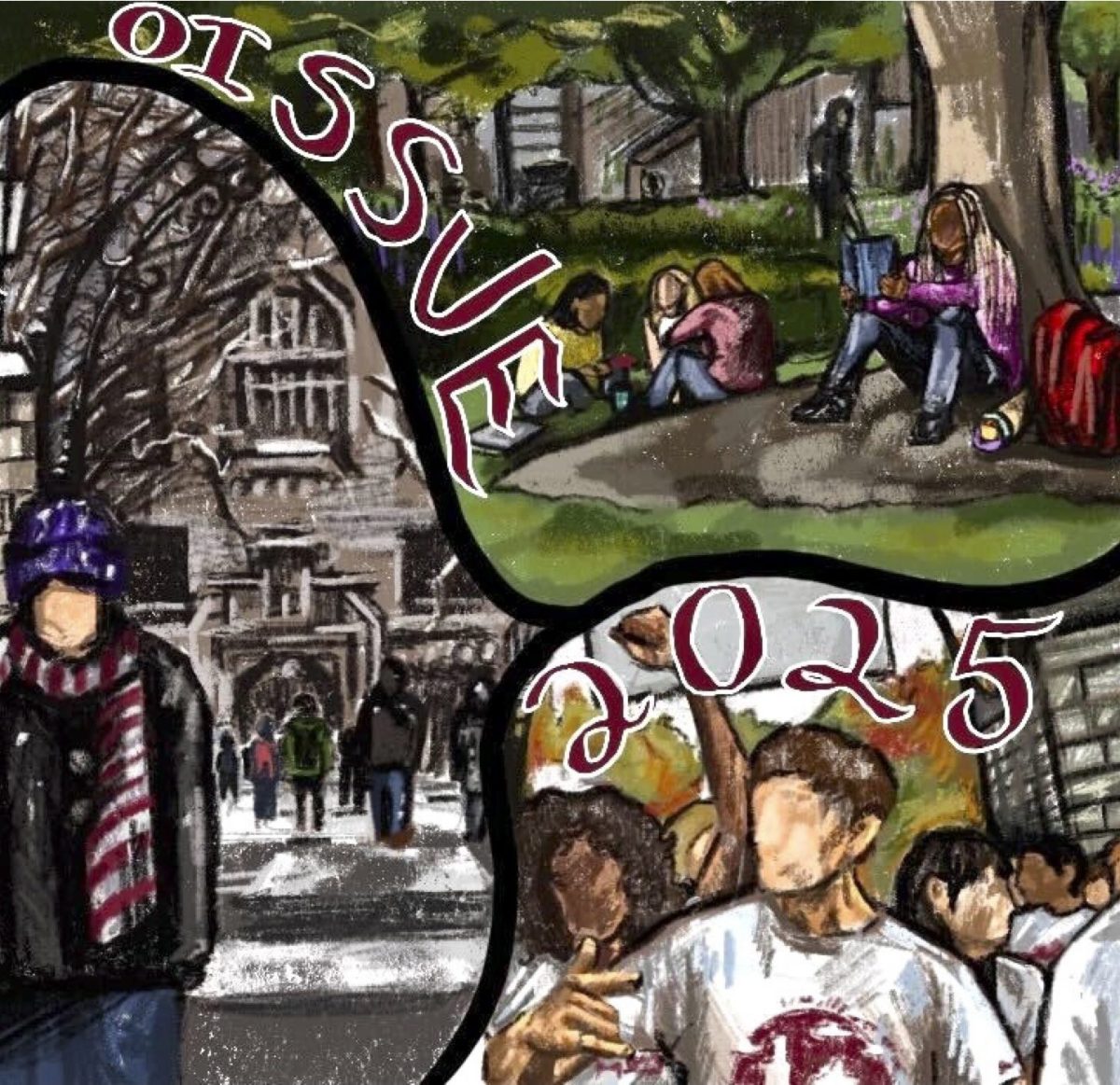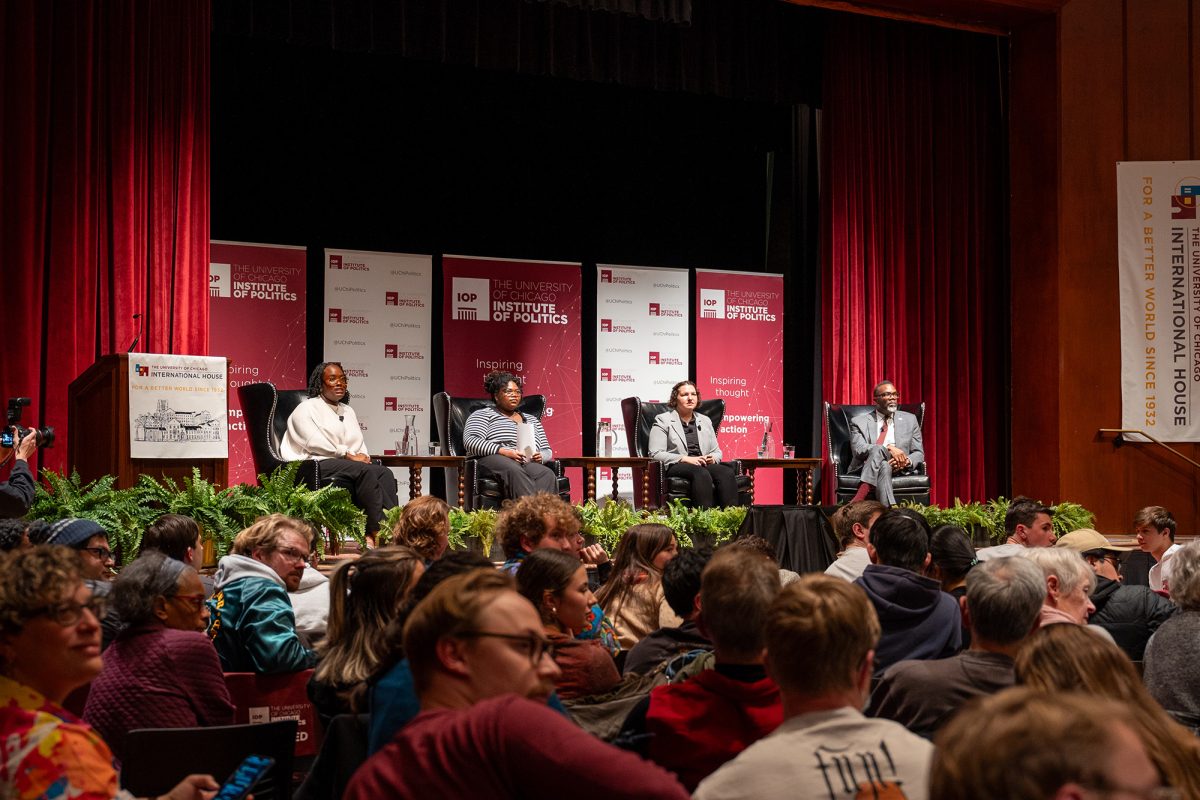Following Convocation on June 1st, graduates will embark on their post-college journeys. For the class of 2023, 99 percent of students had received offers for either employment or graduate school by the day of graduation, a trend expected to continue for the class of 2024. However, a select few within the graduating cohort will embark on a different kind of journey—serving in the U.S. military through the Reserve Officers’ Training Corps (ROTC).
ROTC programs offer students scholarships and other monetary support over four years of education at a participating school. After graduating, students are obligated to various durations of service depending on the program. There are two branches of ROTC at UChicago: Army ROTC and Air Force ROTC, with about 20 students enrolled in each branch. Among the class of 2024, only two students have chosen this unique path: Spencer Scott, enrolled in Army ROTC, and Pierce Pramuka, enrolled in Air Force ROTC. The *Maroon* spoke with both graduating fourth-year students, as well as ROTC alumni, about their motivations and plans for the transition into duty.
For Scott, the decision to join ROTC was heavily influenced by family tradition and a desire to serve the country.
“My whole family has been in the Army… so I’ve been raised around that, and I’ve always been very interested in serving the country and giving back,” Scott said. “There are legitimate problems with America, but there are a lot of things that America does well, and so if I can give back and do public service in some way, shape, or form, I feel like that is a net positive and a good thing to do.”
Scott isn’t alone in being influenced by his family: Pew Research Center reports that 60 percent of veterans under 40 have an immediate family member who served. However, both Scott and alumnus David Jaffe, A.B. ’23 note that they and many students are also drawn to ROTC because of the many scholarships offered through the program, with many able to have their undergraduate education partially or even fully paid for by the military in exchange for a contract of service.
“If you serve four years… they pay for all four years of your undergraduate college, while also paying you to go to ROTC, paying for your room and board,” Jaffe said. “So, for a lot of UChicago students it’s a very prestigious job that they can do straight out of college that also pays for college.”
Though Jaffe is currently undergoing Basic Officer Leadership training to become an infantry officer, he finds that most of his peers in UChicago ROTC tend toward logistics-oriented branches, which is reflected in Scott’s choice to enter the Ordnance Corps. “There aren’t many UChicago students that want to go into combat arms branches, like infantry or field artillery,” Jaffe said.
Regardless of their chosen branch, however, all ROTC members attend rigorous physical training sessions, leadership labs, and other specialized training. According to Jaffe, these sessions, often commencing in the early morning, instill discipline and foster essential time management skills.
“ROTC teaches you good time management skills, and then the more time you spend in the army, the better your time management skills are,” Jaffe said. “In the infantry, especially, you’re given a task, [and] you almost always don’t have enough time to do it… but you have to figure out a way to accomplish the mission anyway… so you learn how to allocate time and resources.”
Scott echoes this sentiment. “It forces me to already kind of have a schedule because I know that if I have to wake up at, say, 6:30 every Tuesday, Wednesday, and Friday, I need to be in bed by probably 10 or 11 the night before,” Scott said. “The structure really helped me to get used to college and to understand my work.”
Beyond providing structure, Scott and alumna Lola Fisher, A.B. ’23 believe that ROTC instills important qualities in its members, emphasizing communication, understanding, and support. Fisher, who is currently pursuing a master’s at Georgetown’s School of Foreign Service while serving as a reserve platoon leader, cites ROTC as responsible for building her confidence during college.
“I came in [to the program] really shy, [but] because [ROTC students] could get so much attention, that was something that was clocked and worked on with me really fast,” Fisher said. “So, four years later, I wouldn’t call myself the most extroverted person but [I am comfortable] holding leadership positions, able to tell people what to do, and [can] confidently walk somebody through a plan or something like that.”
When asked to offer advice to prospective cadets, Pramuka emphasized the benefits of ROTC beyond potential scholarships.
“Don’t do [ROTC] for the money,” Pramuka said. “Do it for professional development or because you want to serve, and then I think it’s definitely doable. People think, ‘oh, I’m going to join the military… it’s going to suck, it’s going to be hard,’ but there are just some things you have to embrace the suck for. I think it’s an overall really positive experience that contributes a lot to personal and professional development, and I don’t think you can get an experience like that almost anywhere else.”
















